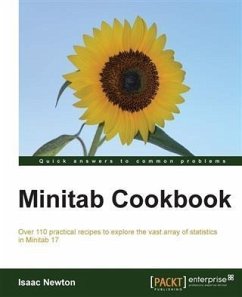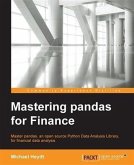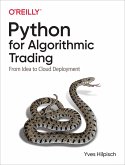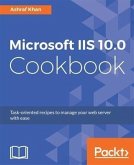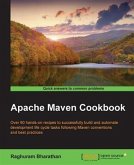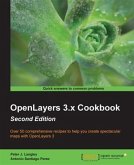In DetailMinitab has been a statistical package of choice across all numerous sectors of industry including education and finance. Correctly using Minitab's statistical tools is an essential part of good decision making and allows you to achieve your targeted results, while displaying fantastic charts and a powerful analysis will also communicate your results more effectively."e;Minitab Cookbook"e; will take the mystery out of using Minitab and will simplify the steps to produce great results. This book will be hugely beneficial for anyone who knows what statistics or studies they want to run, but who is unsure about just what button to press or what option to select.In this book, you will learn how to use data from different sources and will be guided through the basics of graphs as well as the basics of hypothesis tests. You will explore the use of non-linear regression, how to construct complex ANOVAs, and even delve into Multivariate statistics."e;Minitab Cookbook"e; is a great reference on how to create graphs, generate P-values, and how to put data in order. You will explore the basics of charts as well as into the complex depths of Factor analysis, and you will learn everything from the simplest of t-tests to the complexity of mixed model ANOVA. And finally, for all of you who want to write Macros, this book covers the use of Execs, Global, and Local Macros.ApproachThis practical cookbook covers a broad range of topics in an easy-to-understand manner. Step-by-step instructions guide you through even the most complicated of tools in Minitab.Who this book is forThis book is great for anyone who is familiar with statistics and who wants to learn how Minitab works. Whilst you do not need to be an expert in all areas of statistics, you should understand the basics of the chapters you are interested in.
Dieser Download kann aus rechtlichen Gründen nur mit Rechnungsadresse in A, B, BG, CY, CZ, D, DK, EW, E, FIN, F, GR, HR, H, IRL, I, LT, L, LR, M, NL, PL, P, R, S, SLO, SK ausgeliefert werden.

